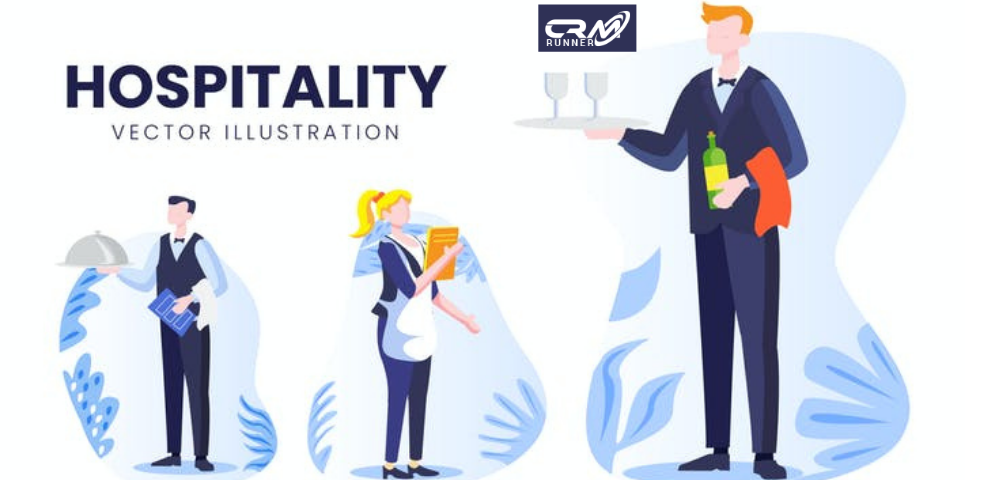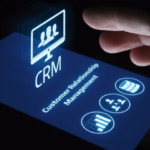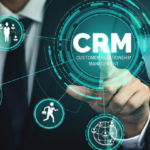The hospitality industry, especially the luxury hotel branch, is facing increasing globalization. Therefore it is imperative to successfully build brand loyalty and maintain long-term relationships with customers to attract, retain, and satisfy customers in the face of increasing competition. In particular, the hospitality industry in general, and the hotel industry are highly interactive and engaging, where customer-centricity is literally the core of business relations.
It is mandatory that at any given time, an all-round view of customers is maintained. Therefore, hotel industries around the world are constantly looking for the most rewarding ways to not only meet but exceed customer expectations with every resulting experience. Cost-effective, sustainable, and of course, customer-centric plans and strategies are an absolute must in order to remain afloat in the competitive environment of this industry.
As economies and IT infrastructures are advancing at breakneck speed, a whole range of opportunities are opening up for the hotel industry in terms of how connections with both existing and prospective customers can be established, maintained, and improved. This is precisely where the need arises for a comprehensive and productive CRM program.
Significant customer-company interactions are facilitated through powerful software for customer relationship management. CRM is an intelligent business model that allows scattered customer data to be collected, managed, automated, and synchronized and unites it with the indispensable sales, marketing, and customer service organizational functions. By empowering hotels to use large pools of customer information to their best advantage, CRM software infuses newer and new values into these functional areas. By effectively applying a fecund CRM solution, the biggest advantage that hotels gain is the systematic monitoring of various customer activities ranging from inquiries, bookings, staying experiences, reviews, and other feedback, indicating their preferences and levels of contentment.
Ways in which hotels can offer top-notch customer experiences with CRM solutions and gain a strong competitive advantage
- Central repository
CRM systems allow for the systematic collection and categorization of fragmented customer information, resulting in the creation of rich repositories of customer information. In addition, as CRM systems enable relevant customer segmentation, it is also possible to effectively manage databases for potential customers.
Example: Help Desk personnel can view bookings across hotel locations for a single guest and ensure that other employees are aware of their preferences.
- Consolidated customer view
With all the relevant, necessary, big, and small details, a productive CRM solution helps to capture every customer interaction, transaction, and experience. In a single window, real-time customer information from multiple systems across geographies can be compiled. By effectively integrating with external systems, this huge store of customer information can be viewed and updated from time to time.
- Combating competition
What will keep the hotel industry going and help combat competition with ease is superlative, consistent levels of service quality along with innovation. It is essential for hotels to offer a plethora of choices that provide higher value along with the highest levels of customer satisfaction to keep customers engaged.
It is important to gain a competitive advantage by providing attractive offers, discounts, and packages at all times. By building a unique identity and generating greater brand loyalty, hotels must be capable of distinguishing themselves from the competition. In achieving the same, the reference to ‘customer experiences’ is instrumental. CRM software/social CRM helps collate reviews and feedback from customers, which can be used to achieve these goals in turn.
Conclusion:
Wise implementation of CRM solutions provides actionable insights for forward-thinking for hotels to gradually improve and at the same time, verify that teams facing customers live up to and possibly even exceed customer expectations. It will ensure increasing customer advocacy and fruitful long-term relationships by lowering customer churn to close competitors while constantly improving customer experience.






1 Comments